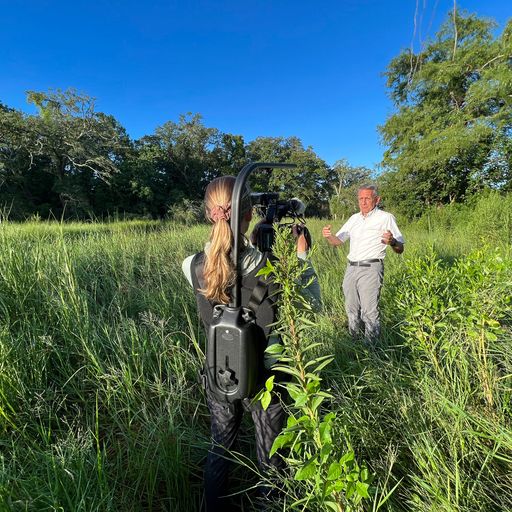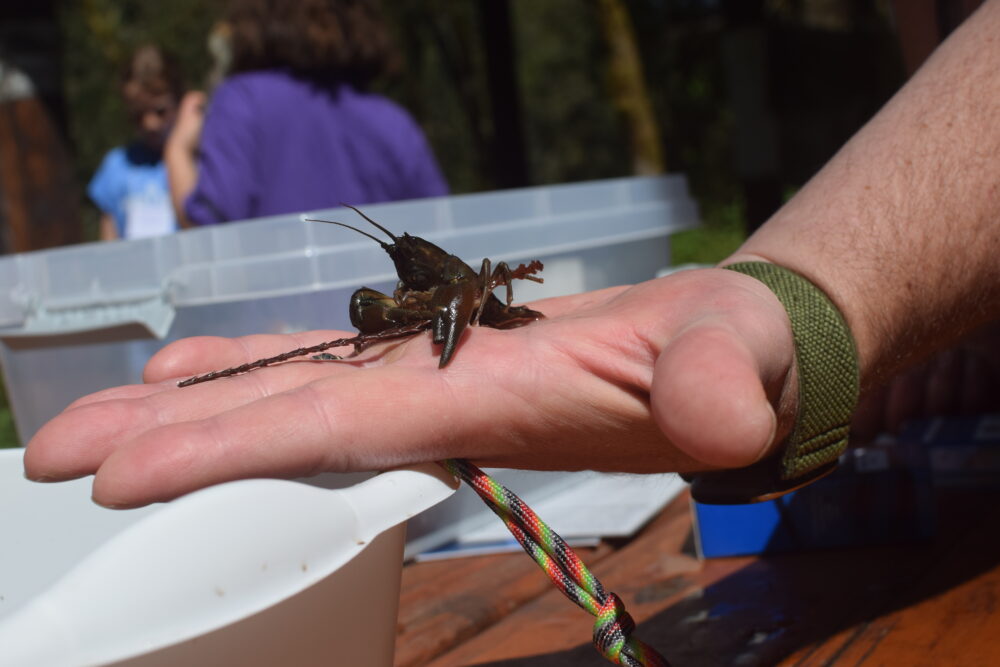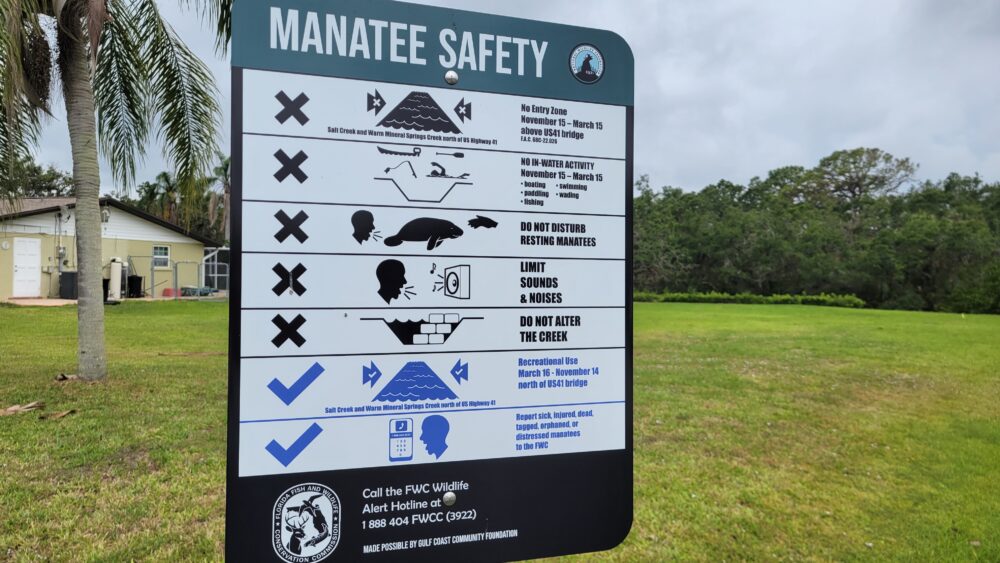We have much more to do and your continued support is needed now more than ever.
Don’t throw that bottle away!!
 Recycling is great for the environment, but what has it got to do with climate change?
Recycling is great for the environment, but what has it got to do with climate change?
Solid waste disposal is a huge generator of greenhouse gases. Trash has to be hauled away, and there are emissions released from the transportation. Carbon dioxide is emitted when waste is incinerated, and methane is released when waste is put into landfills. According to the EPA, landfills are the largest source of methane emissions (CH4), producing 25% of all methane emissions in the United States.
When recycling, not only is there a decrease in the amount of solid waste but there is also a decrease in energy needed to make, distribute and dispose of these products. When energy use decreases, the burning of fossil fuels also decreases, therefore emitting fewer greenhouse gases. Less virgin materials are extracted, therefore protecting our natural resources. According to the EPA, in 1996 the United States recycled solid waste that prevented the release of 33 million tons of carbon—approximately the amount emitted by 25 million cars annually!!
Think about paper recycling—there is less of a need for virgin materials, in this case trees. By keeping more trees standing, carbon sequestration is increased, again reducing the carbon dioxide emitted. It is important as consumers to complete the cycle full circle, by not only recycling, but buying recycled products. Without a market for recycled products, recycling does not do anyone much good. The more consumers demand recycled products, the more they will become available!
According to an analysis of NWF Campus Ecology team members over that last five years, waste reduction, such as recycling and composting, ranked the most popular sustainability practice implemented on campus. The Berkshire School in Massachusetts doubled the tonnage of recycled products in one-year, with their student-led recycling program! Ashland University in Ohio actually went through bags of trash (talk about dedication!) to learn that 70% of the university’s trash was actually recyclable! Check out our Waste Reduction page to learn about MANY more schools that are involved in waste reduction projects on campus!




















